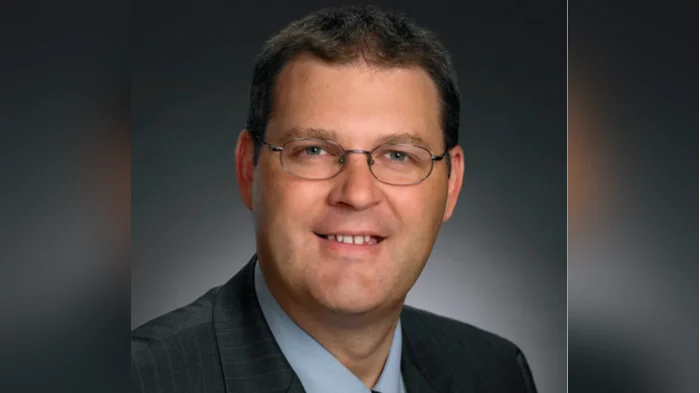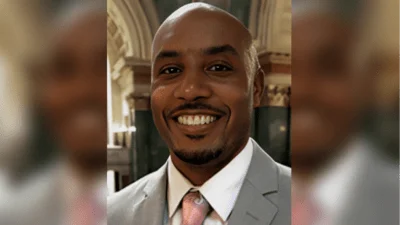Scott Hawig, CPA, CMA, MBA Chief Financial and Administrative Officer | ThedaCare Regional Medical Center-Appleton
Scott Hawig, CPA, CMA, MBA Chief Financial and Administrative Officer | ThedaCare Regional Medical Center-Appleton
Each May, National Stroke Awareness Month emphasizes the importance of recognizing and acting on the signs of a stroke. Dr. Nathan Larsen, an Emergency Medicine Physician and Medical Director at ThedaCare Medical Center-Fond du Lac, states that "a stroke is one of the leading causes of death and long-term disability in the United States." He emphasizes that "with swift medical intervention, we can potentially help save lives and improve patient outcomes."
A stroke occurs when poor blood flow to the brain results in cell death. It requires immediate medical attention, prompting individuals to dial 911 for assistance. There are two main types: ischemic strokes, caused by a clot blocking blood supply to the brain, and hemorrhagic strokes, which occur when a blood vessel bursts in the brain.
Time is crucial during a stroke event. According to the American Stroke Association, nearly 2 million brain cells die every minute without treatment. Dr. Larsen warns that "delays can increase the likelihood of permanent disability," underscoring that "the sooner we can begin treatment, the better the odds of a positive outcome."
Treatments vary depending on stroke type: clot-busting medications for ischemic strokes and surgical interventions for hemorrhagic ones. Recognizing symptoms using the BE FAST acronym—Balance issues, Eye problems, Facial drooping, Arm weakness or numbness, Speech difficulties—is vital for prompt action.
Dr. Larsen advises calling 911 immediately if these symptoms appear rather than attempting self-transportation to a hospital since emergency services can provide lifesaving treatment en route.
To reduce stroke risk factors such as high blood pressure or cholesterol levels should be managed along with lifestyle choices like regular exercise and abstaining from tobacco use. Some risk factors are non-modifiable; age over 55 increases risk as does race or ethnicity—with Black and Hispanic people being more susceptible—and certain hormonal therapies.
ThedaCare Medical Center-Fond du Lac offers comprehensive emergency care equipped for stroke emergencies at its location on West Johnson Street. Dr. Larsen highlights their ability to provide immediate response without requiring travel to distant facilities.
Dr. Larsen stresses ongoing awareness about stroke prevention and recognition.






 Alerts Sign-up
Alerts Sign-up